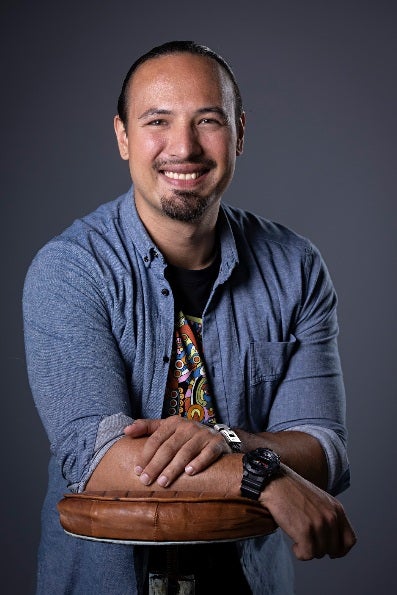A Hot Moment is an unexpected, sensitive situation in class or during a conversation that creates tension, but also offers opportunities for dialogue and learning. “Teachers are increasingly asking us: what exactly should I do at that moment?” Alvarez explains. “Students are speaking up more, which is positive, of course. But it does require something different from teachers than it used to.”
That’s why the VU Centre for Teaching & Learning (VU CTL) developed the Hot Moments workshop.
Two types of teacher responses
According to Alvarez, teachers often respond in one of two ways: “they either go on the defensive or start walking on eggshells.” In those moments, the focus shifts away from learning and more towards staying in control of the situation. “But it doesn’t have to block learning, in fact, it can be the start of deeper insight and understanding.”
“Often people want to resolve a Hot Moment rationally, which makes sense,” Alvarez explains. “But your body and emotions are involved too. And we typically underestimate those. So instead of ignoring, rationalising or pushing the tension away, we should take a moment to reflect,” says Alvarez.
“You don’t just learn where the other person is coming from, but also something about your own response.” And that takes practice. “But with the right strategies, you can really turn it into something valuable.” The workshop draws on insights from neuroscience, pedagogy, and clinical psychology.


